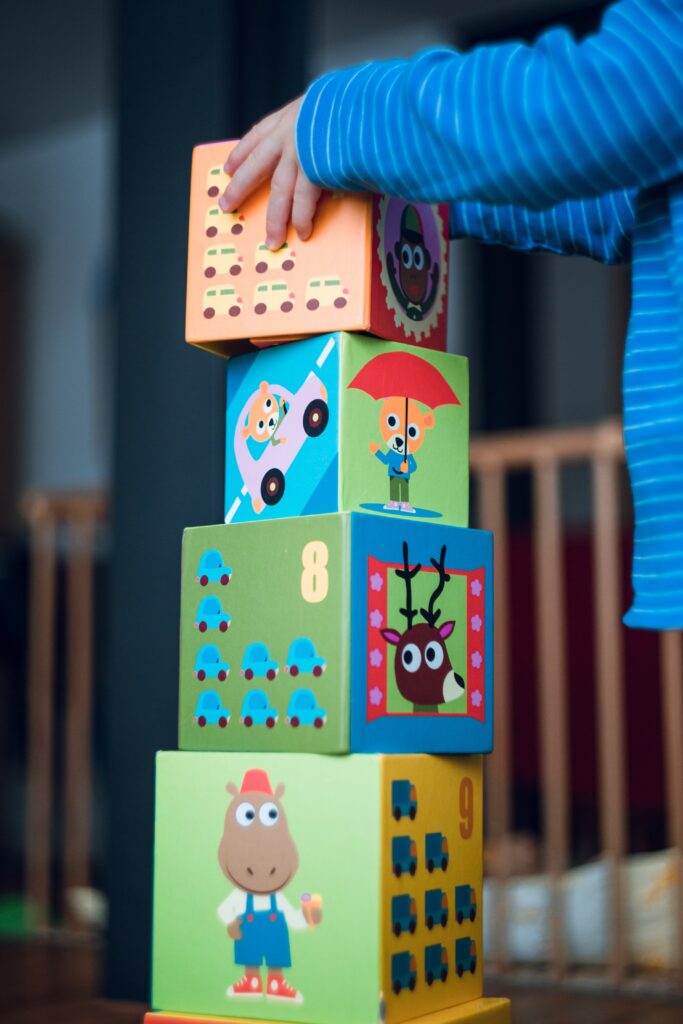The Early Years Foundation Stage (EYFS) is a framework which has been designed to set the learning and development standards for children under the age of five. While there are many different components associated with this approach, the role of fostering positive relationships cannot be overstated. What are some of the reasons why positivity is so important? What steps can parents and teachers take in order to ensure that this type of relationship naturally develops? Are there any potential barriers that may need to over overcome along the way? Whether you are a primary caregiver or you are involved within educational settings, all of these questions are relevant.

The Power of Positivity
All experts agree that personal confidence and independence are the direct results of secure and loving relationships. Not only will this foster a healthy mental attitude well into the future, but it should be mentioned that positivity is key in regards to the learning process.
Positive environments allow children to remain open, to experience new things and to ask questions without being afraid of the responses. All of these actions are crucial to develop at an early stage, as they will encourage a sense of openness and curiosity well into the future. However, it is still important to remember that positive relationships represent two-way streets. they are based off of a mutual resonance and respect between the child and adult. The main goal is to find solutions to problems together as opposed to simply providing a child with the answers.
How to Develop Feelings of Confidence and Trust

So, how can this type of relationship be germinated? One of the most effective ways is through play sessions. Children naturally play to learn about the environment and to discover new skill sets. Even before speech has developed, children communicate through these actions. So, it only stands to reason that fostering a sense of positivity within the EYFS framework will involve actively playing with a child. Adults who play with a child convey these messages:
- The child is important.
- Learning new things is fun and exciting.
- The child can trust you and your actions.
Playing also allows adults to respond to the physical cues of a child; further enhancing a sense of rapport and trust.
Possible Issues to Address

Of course, building positive relationships can also be challenging. Parents may not always be able to devote the required amount of time. Teachers and caregivers could be dealing with multiple children simultaneously. This is why a more hands-on method of tracking a child’s progress is crucial. Thankfully, technological innovations such as the pupil progress tracker here provide a proactive means of recording and interpreting the actions of a child during a typical play session. Therefore, many of the hurdles outlined above can be overcome to an extent.
Cementing positive relationships is essential for healthy childhood development and these very same traits will remain with the child as he or she grows.

